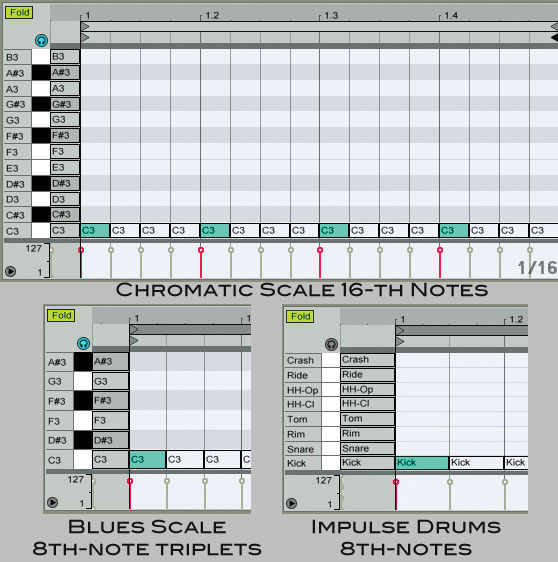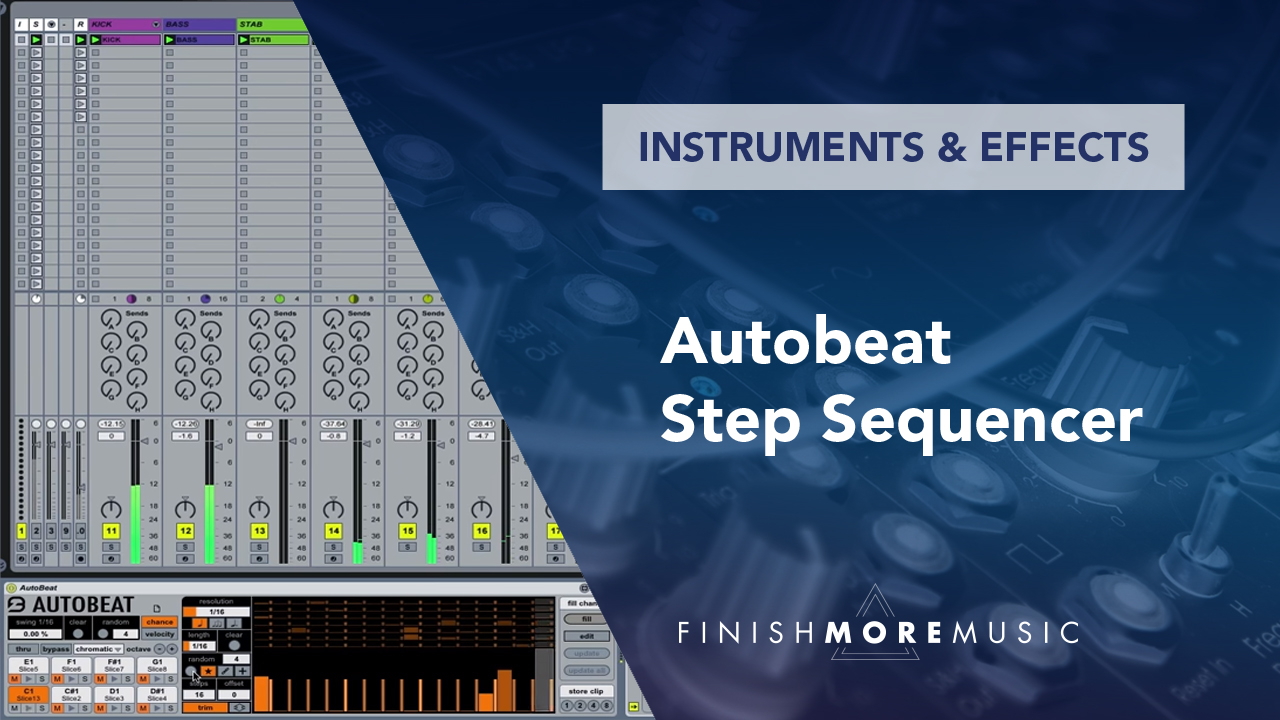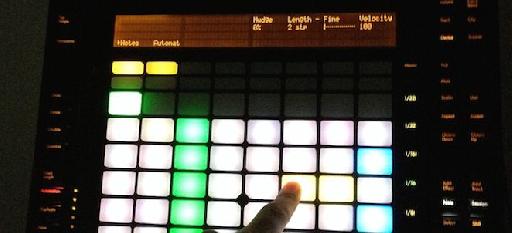

While it keeps the unit small and inexpensive, this means you have no idea where you are on those endless encoders there’s simply no visual feedback to speak of. That said, even as a controller, you’ll immediately notice the absence of a display. All in all, this is already no contest: this feels better than any comparable controller at this price. I’ve already taken mine on the road and it appears to hold up well my only gripe is some sharper edges round the base, but that’s minor. The encoders are likewise satisfying, with basic soft-touch caps. The pads feel reasonably good they’re smallish but feel firm and velocity response (and continuous pressure) are consistent. A metal base holds it firmly in place even if your finger drumming gets more intense. It is, though, surprisingly weighty – in a good way. The BeatStep is narrower than a 15″ MacBook Pro, as you can see in the photo, and roughly laptop thickness.

But how much more can it be? Let’s find out. The BeatStep already makes a nice controller with pads and encoders. And we’ve collected some of your tips and questions, with information that might help you out whether you’re trying to decide whether to buy or curious just how deep this goes. I’ve been testing the Arturia BeatStep with just those functions in mind. So there’s a reason to set expectations high. The BeatStep has an impressive lineage – veteran designers Glen Darcey, Axel Hartmann, and Morgan Perrier collaborated on its creation. It could therefore be a compact part of a mobile music-making rig, and it’s at this point that our review gets much more involved. It operates standalone, with MIDI gadgets or analog hardware (with gate and pitch Control Voltage outputs).
#Favorite step sequencer ableton software
It has sophisticated software customization via a companion program, and a built-in step sequencer. With driverless USB operation, some of you will already be happy and can proceed.īut the BeatStep is more ambitious than that.
#Favorite step sequencer ableton plus
As a controller, it has both 16 pads and 16 endless encoders (with notches, so you can feel where you are), plus transport triggers and a larger encoder. The compact control surface / sequencer hardware runs about $100 street. You just need to assign the launch button of the clip to a notes range of your MIDI controller.Even if Arturia’s BeatStep did nothing other than act as a dumb controller, it might get your attention. Now that you have your fresh MIDI clip, did you know that Ableton Live can transpose it automatically while playing? And now transpose the MIDI sequence with your keyboard The key is to find the MIDI keys or knobs that will work best for you, to move the next or previous step. With some exercise you'll be able to step sequence quickly and even during a live performance.

turn the knob/key again to insert silence.and turn your assigned knob/key forward.If you play the same notes and move the MIDI backward key the notes will be deleted. Your chord will be recorded just like you were in a step sequencer as you see below: 🕺 Now while playing notes, or a chord, touch the MIDI key you have assigned before. Make sure that the little round button 'MIDI Editor Preview' is enabled (blue colored headphones) 🎧 The transport is running, and now you create an empty MIDI clip with a double-click on an empty MIDI clip. Imagine you're starting to play your favorite song in Session View. Just like if you had a hardware-based sequencer! The interesting thing is that you can use this technique while playing live. So now I can move one step forward and backward, on the clip timeline, on my MIDI keyboard, without touching my computer. Ctrl+M or Cmd+M again to stop the assignmentīelow you'll see that I have mapped the step backward and forward buttons to the B3 and C4 notes of my MIDI keyboard:.

You can also choose a MIDI knob or slider :)


 0 kommentar(er)
0 kommentar(er)
